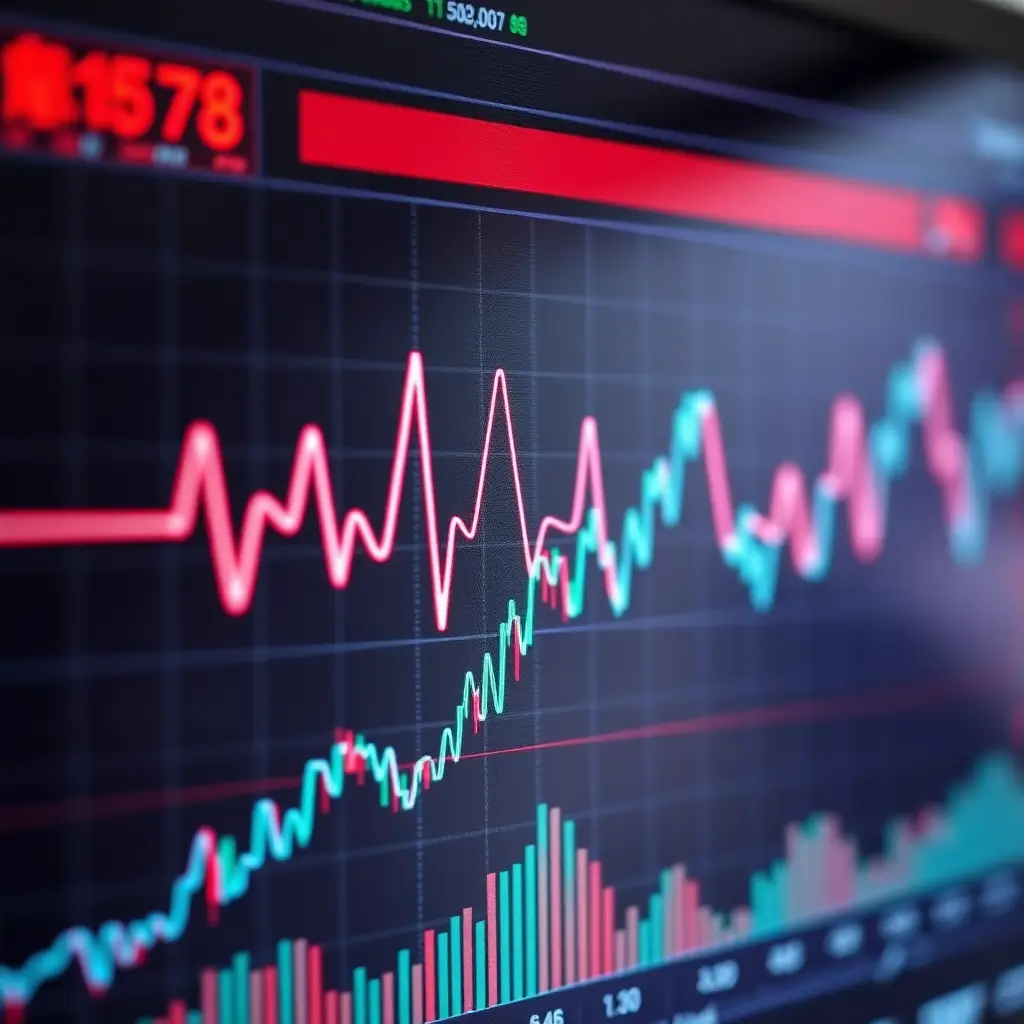Most traders focus on strategies, indicators, and market analysis. But the real key to success in trading isn’t just about technical skills—it’s about controlling emotions. Fear, greed, impatience, and overconfidence cause more losses than a bad strategy ever will.
The ability to stay disciplined and emotionally detached is what separates successful traders from those who blow up their accounts. This article explores the most common emotional pitfalls in trading and how to overcome them.
Fear and How It Ruins Trades
Fear is one of the most destructive emotions in trading. It manifests in several ways:
- Fear of Entering a Trade: Analysis paralysis causes traders to hesitate, often missing out on great setups.
- Fear of Losing Money: Traders exit too early at the first sign of a pullback, cutting winners short.
- Fear of Being Wrong: Some traders refuse to take losses, holding onto losing positions in the hope they’ll recover.
Overcoming fear requires trusting your strategy and accepting that losses are part of the game. The best traders don’t avoid losses—they manage them.
Greed and the Trap of Overtrading
Greed makes traders take excessive risks and chase unrealistic gains. It can show up in different ways:
- Holding Trades Too Long: Instead of taking profits at a planned level, traders wait for more, only to see the price reverse.
- Ignoring Risk Management: Greedy traders increase position sizes too much, risking catastrophic losses.
- Chasing Trades: FOMO (fear of missing out) leads to jumping into trades late, buying tops and selling bottoms.
Sticking to a structured take-profit strategy and focusing on consistency instead of home-run trades is key to avoiding greed-driven mistakes.
Revenge Trading and Emotional Decision-Making
One of the worst emotional traps is revenge trading—when traders try to “make back” a loss by immediately entering another trade, often without proper analysis.
This leads to:
- Impulsive Trades: Entering setups that don’t meet criteria just to recover losses.
- Increased Risk-Taking: Doubling down or taking oversized positions in desperation.
- Emotional Burnout: A cycle of frustration, poor decisions, and bigger losses.
The best way to avoid revenge trading is to walk away after a loss, take a break, and return with a clear mind.
How to Master Trading Psychology
Developing the right mindset takes time and practice. Here are some key principles for mastering trading psychology:
- Detach from the Money: View trading as a numbers game, not an emotional rollercoaster.
- Stick to a Plan: Define entries, exits, and risk management before entering a trade.
- Accept Losses: No strategy wins 100% of the time. Losses are simply part of the process.
- Limit Screen Time: Constantly watching charts can lead to impulsive decisions.
- Use a Trading Journal: Writing down trades and emotions helps identify recurring mistakes.
Final Thoughts
Emotional control is what separates successful traders from those who struggle. Mastering fear, greed, and discipline is just as important as understanding technical indicators.
The best traders are not those who never feel emotions, but those who know how to manage them. Trading is a game of probabilities—sticking to a structured approach and keeping emotions in check is the key to long-term success.

Leave a Reply